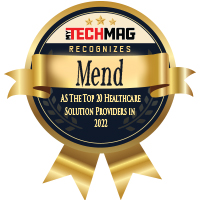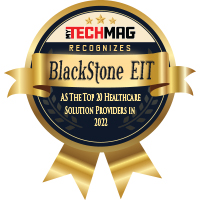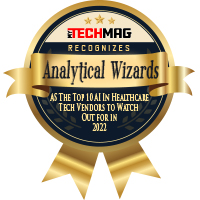
 Today, in the healthcare arena, new medical electrical product developments are often being handled by smaller start-ups and mid-size companies who are constantly struggling with understanding the regulatory requirements of bringing a product to a global market. Achieving commercial certification for integrated wireless medical devices is more complicated and more rigorous than if the product was simply just a wireless device or a medical product. Making a medical device wireless increases the hoops manufacturers have to jump through before market-ready approval is granted – especially for start-up companies. Additionally, manufacturers must also consider how their product is going to stand up to product testing and regulatory compliance requirements, such as efficacy and usability evaluations. Yet, it is impossible to introduce a medical product without such steps.
Today, in the healthcare arena, new medical electrical product developments are often being handled by smaller start-ups and mid-size companies who are constantly struggling with understanding the regulatory requirements of bringing a product to a global market. Achieving commercial certification for integrated wireless medical devices is more complicated and more rigorous than if the product was simply just a wireless device or a medical product. Making a medical device wireless increases the hoops manufacturers have to jump through before market-ready approval is granted – especially for start-up companies. Additionally, manufacturers must also consider how their product is going to stand up to product testing and regulatory compliance requirements, such as efficacy and usability evaluations. Yet, it is impossible to introduce a medical product without such steps.
As a medical device manufacturer, you are probably seeking to introduce your product not just in the U.S., but to one or more international markets as well. The challenge is producing a device effective at what is does, but also compliant with the myriad of local and international standards and regulations required in order to legally sell the product. The compliance puzzle has many pieces. Above and beyond the stringent requirements for the medical function of the products, medical device manufactures also have to deal with product safety, electromagnetic and/or radio frequency interference (EMI/RFI) issues, environmental regulations (WEEE/RoHS/REACH), cybersecurity and other similar requirements. TÜV Rheinland has become a pioneer in offering guidance and pre-documentation checks in conjunction with pre-compliance testing on a test sample at an early design stage. Rather than focusing on one test standard as per the clients’ inquiry, the goal and focus point of TÜV Rheinland is to make a product market-ready from a regulatory perspective – no matter which regional market a client has in mind. TÜV Rheinland prides itself on a long tradition and over 145 years of innovation. In 1872, TÜV Rheinland was founded to test and ensure the safety of boilers and manufacturing plants in Germany. Since then, the company has expanded to 8 regions with 220 laboratories in over 500 different locations. By offering over 2,000 services for a variety of different industries, TÜV Rheinland is well-equipped to support a wide range of clients. TÜV Rheinland’s mission is to be the world’s best independent provider of technical services for testing, inspection and certification. With a global network of experts dedicated to assist clients worldwide, TÜV Rheinland provides assistance throughout the entire supply chain by offering all services for a successful market access, building a true partnership with the client.
Depending on the intended medical device market(s), TÜV Rheinland aligns their services, guaranteeing an up-to-date bundled service approach for all clients, tailored toward their specific needs. To that end, TÜV Rheinland experts offer training and educational content with regard to the latest regulatory challenges – whether it be simple standard upgrades, radio and wireless updates, or new chemical regulation directives in Europe. TÜV Rheinland provides guidance in understanding regulatory roadblocks, common product failures, documentation setbacks, and offer assistance for their individual project milestones, which may include: training, pre-compliance checks and final product testing and certification. TÜV Rheinland can provide a competitive edge when they are included in the early stages of a project and pride themselves on close communication throughout the entire project phase. By partnering with clients, TÜV Rheinland ensures their customers are equipped with the necessary regulatory information, and prepared with proper samples, information and documentation packages to finish projects according to schedule. The company has been able to help several new customers navigate the regulatory world, provide realistic project timelines and help bring their product to market.
TÜV Rheinland is always looking for new opportunities to expand and enhance service offerings, both to satisfy evolving products and industries, as well as an ever-changing regulatory landscape. The medical industry is growing and the company is preparing for the new upcoming MDR (Medical Device Regulation) and IVDR (In-vitro Diagnostics Regulation) roll out in Europe, working with manufacturers of the Home Healthcare environment, and enhancing wireless and cybersecurity service offerings for wireless medical devices. TÜV Rheinland’s IoT Excellence Center in Fremont, CA has a new 10-Meter EMC chamber with extensive radio and wireless testing capabilities and is dedicated to providing the latest in regulatory compliance for the IoT industry. As the IoT and medical industries grow, wireless medical device manufacturers must have a regulatory partner they can depend on and trust.







